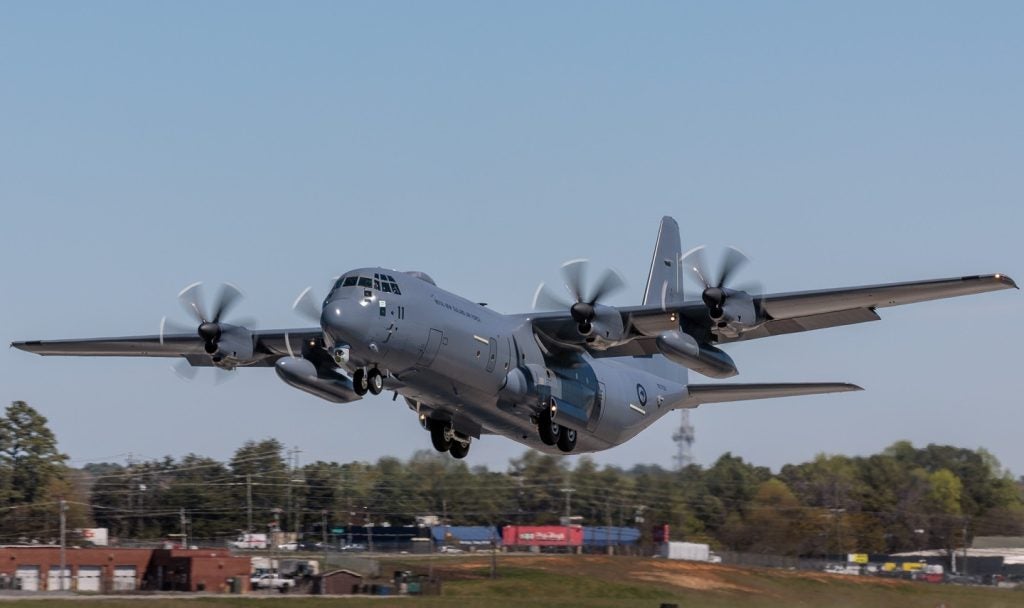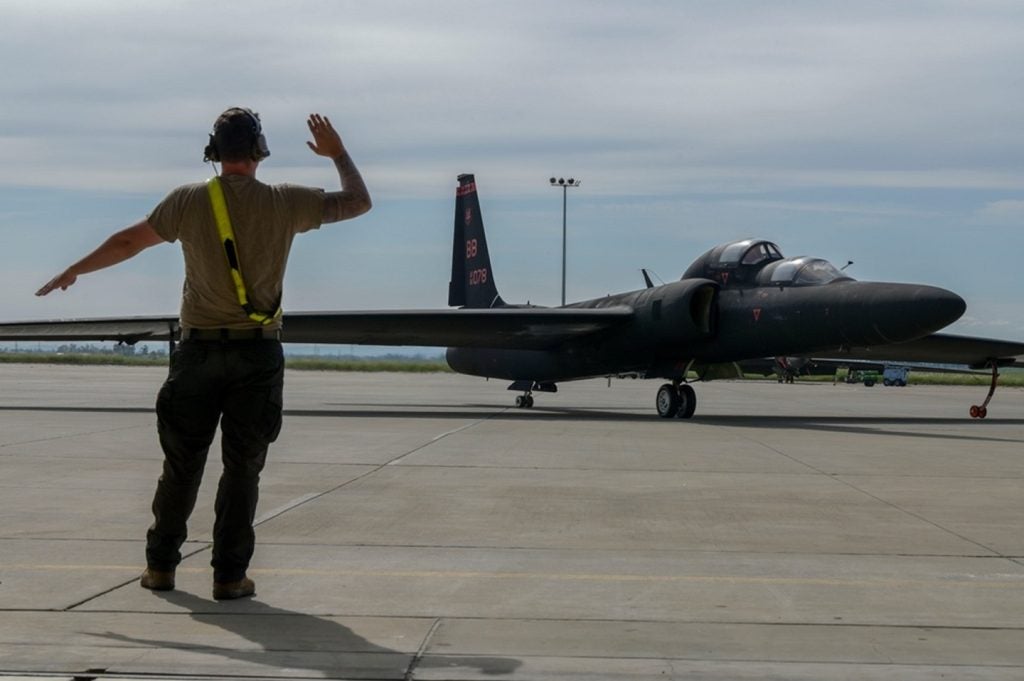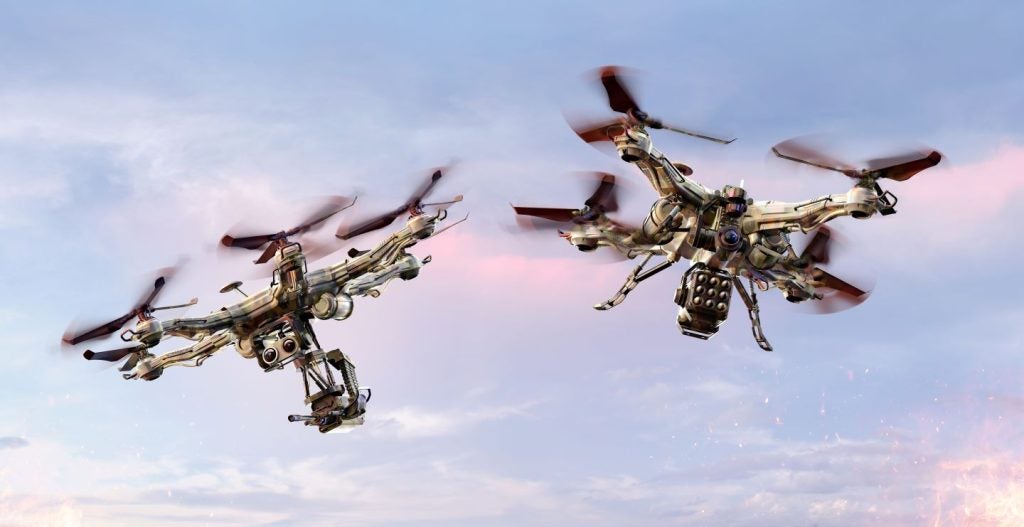
The US Defense Advanced Research Projects Agency (DARPA) has successfully tested its persistent close air support (PCAS) prototype system on the US Air Force (USAF) A-10 Thunderbolt II attack aircraft.
Conducted near Nellis Air Force Base in Nevada, the latest test marked the system’s debut on a USAF platform.
With 50 successful sorties, the test showed that a joint terminal attack controller (JTAC) on the ground can command an airstrike with three clicks on a tablet, DARPA stated.
During the test, ten sorties featured live-fire weapons engagements using a mixture of laser- and GPS-guided munitions.
PCAS tactical datalinks allowed data sharing between the pilot and JTAC in order to decide the timed release of precision-guided munitions.
See Also:
DARPA programme manager said Dan Patt said: "Close air support and similar operations rely on teamwork, and we have shown that a flexible architecture and extensible technology toolsets are key to making groundbreaking improvements in air-ground coordination.
How well do you really know your competitors?
Access the most comprehensive Company Profiles on the market, powered by GlobalData. Save hours of research. Gain competitive edge.

Thank you!
Your download email will arrive shortly
Not ready to buy yet? Download a free sample
We are confident about the unique quality of our Company Profiles. However, we want you to make the most beneficial decision for your business, so we offer a free sample that you can download by submitting the below form
By GlobalData"These and other test results suggest PCAS-like approaches have the potential to provide an unprecedented synchronised understanding of the active battlefield."
DARPA’s PCAS programme is designed to offer more precise, prompt and easy air-ground coordination for close air support (CAS) and other missions.
The programme aims to develop a system that allows the sharing of real-time situational awareness and weapons-systems data, with the support of technologies compatible with almost any aircraft.
The latest test used a version of PCAS-Ground software called the Android Tactical Assault Kit (ATAK), which was developed by PCAS programme partner Air Force Research Laboratory in Rome, New York.
DARPA recently launched a new programme to demonstrate safe, reliable operations involving multiple air-launched, air-recoverable unmanned systems.
The new Gremlins programme is aimed at offering US forces enhanced operational flexibility at a much lower cost.
Image: PCAS Prototype’s test on A-10 Thunderbolt marks the system’s debut on a US Air Force platform. Photo: courtesy of Defense Advanced Research Projects Agency.







